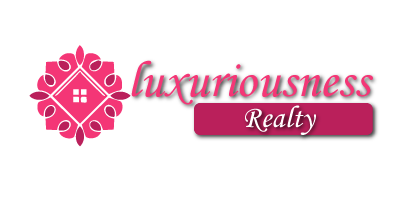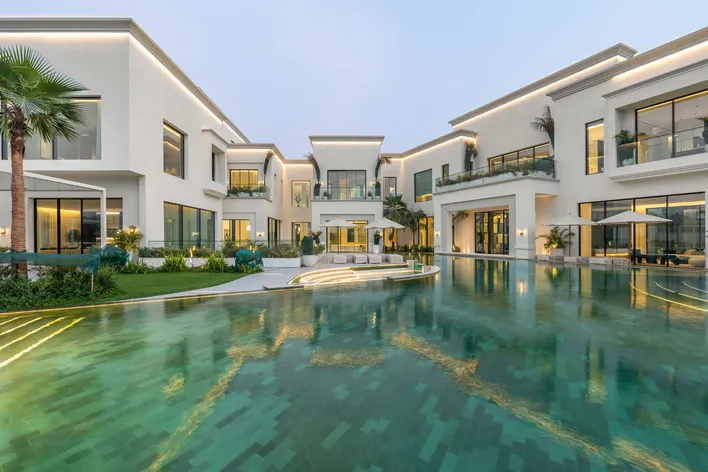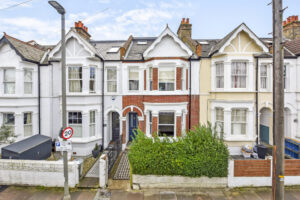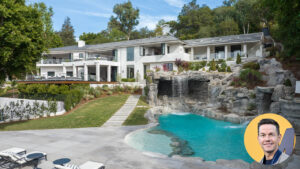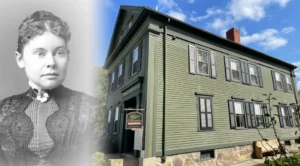Imagine seeing the sun rising over the Arabian Gulf, the warm glow reflecting off the skyline dominated by architectural marvels like the Burj Khalifa and the twisting Cayan Tower. As you step onto your expansive balcony, you’re greeted by palm-lined streets and luxury villas flanked by crystal-clear waters. This is not just a dream vacation—it’s the reality for many who call Dubai home. Once a sleepy fishing village, Dubai has transformed into one of the world’s most dynamic and extravagant cities, where luxury, modernity, and innovation intersect. The city’s real estate sector, especially the market for houses, offers a glimpse into its rapid rise and the kind of living experiences that only Dubai can offer. Whether seeking an ultra-modern penthouse overlooking the Marina or a traditional Arabic-style villa in one of the city’s serene neighborhoods, Dubai has become synonymous with abundant living. But what exactly defines houses in Dubai, and how has the market evolved to meet the growing demand from locals and expatriates?
A Rapidly Growing Real Estate Market
Dubai’s housing market has experienced remarkable growth over the last two decades. From traditional villas and homes to ultra-modern apartments and luxury penthouses, the city’s real estate landscape offers many living options to meet diverse preferences. However, the real story of Dubai’s housing boom began in 2002 when the government passed laws allowing foreigners to buy freehold property in certain areas. This decision sparked a real estate revolution, attracting investors worldwide and dramatically altering the city’s skyline.
According to a report by Knight Frank, Dubai’s real estate market has seen impressive growth in recent years, particularly in the luxury housing sector. In 2022, the city recorded its highest-ever number of residential transactions, with a 76.5% year-on-year growth in total transaction volume. This surge was fueled by local demand and an influx of foreign buyers seeking both investment opportunities and a high-end lifestyle in one of the world’s most cosmopolitan cities.
Types of Houses in Dubai: A World of Options
Dubai’s housing options are as diverse as its population, which comprises over 200 nationalities. Whether you’re looking for a high-rise penthouse, a waterfront villa, or a suburban family home, Dubai caters to all tastes and preferences.
- Villas
Villas are some of the most sought-after properties in Dubai. They offer residents more space, privacy, and the chance to enjoy a suburban lifestyle while still being close to the heart of the city. Dubai’s villa communities are typically gated, providing high security, landscaped gardens, and communal amenities such as swimming pools, parks, and gyms.
Some of the most prestigious villa communities include:
- Emirates Hills: Often referred to as the “Beverly Hills of Dubai,” Emirates Hills is one of the city’s most exclusive and luxurious gated communities. The area features sprawling villas with private pools and stunning views of the nearby golf courses. According to Property Finder, the average price of a villa in Emirates Hills ranges between AED 20 million to AED 100 million, making it one of the priciest areas in Dubai.
- Palm Jumeirah: Known for its iconic palm-shaped design, Palm Jumeirah offers some of the most luxurious waterfront villas in the world. These homes often come with private beach access and incredible views of the Arabian Gulf. Villas here typically range from AED 10 million to over AED 100 million, depending on the size and location.
- Townhouses
Townhouses are a popular option for those who want a balance between apartment living and the space of a villa. In Dubai, townhouses are typically found in family-friendly communities such as Arabian Ranches, Dubai Hills Estate, and Jumeirah Village Circle. These properties often have small private gardens and offer residents access to community facilities like parks, schools, and shopping centers.
The average price for a townhouse in Dubai varies based on location but can range from AED 1.5 million to AED 4 million. According to a report from Bayut, townhouse prices have remained stable despite the fluctuations in the global economy, making them a popular choice for families and investors alike.
- Apartments and Penthouses
For those who prefer city living, Dubai offers various high-end apartments and luxurious penthouses, especially in areas like Dubai Marina, Downtown Dubai, and Business Bay. These neighborhoods are known for their high-rise towers and stunning views of the city’s skyline, the Burj Khalifa, and the Arabian Gulf.
- Dubai Marina is home to some of the city’s tallest residential towers, offering residents waterfront living with direct access to the Marina Walk, a promenade lined with restaurants, cafés, and shops. The average price for a two-bedroom apartment in Dubai Marina is around AED 2.5 million, while penthouses can go for upwards of AED 10 million, depending on size and view.
- Downtown Dubai is one of the most prestigious areas in the city, with apartments offering views of the Burj Khalifa and the Dubai Fountain. According to Gulf News, properties here are highly sought-after by investors and renters alike, with average prices for apartments starting at AED 2 million and penthouses selling for as much as AED 50 million.
Housing for Expats: A Hub of Global Living
Dubai has a large expatriate population, with approximately 88% of its residents being expatriates, according to the Dubai Statistics Center. This influx of expats has driven demand for housing across a wide range of price points, from affordable apartments to luxury villas. One key appeal for expats is the ability to live in vibrant communities with world-class amenities.
In 2023, Dubai’s rental market saw an increase of over 24% due to the growing demand from expatriates. Popular neighborhoods among expats include Jumeirah Lakes Towers (JLT) and The Greens, which offer a balance of affordability and proximity to key business districts. Additionally, Dubai Silicon Oasis and Motor City have become increasingly popular due to their affordability and access to family-friendly facilities, according to Bayut’s Annual Market Report.
Dubai offers attractive incentives for expats looking to invest in property, including long-term residency visas tied to property ownership. As of 2019, property owners investing AED 1 million or more are eligible for a renewable visa, making Dubai a favorable destination for expatriates seeking a home and a stable investment.
The Future of Dubai’s Housing Market: Innovation and Sustainability
Dubai has always been a city that looks to the future, and its housing market is no exception. Sustainability has become a significant focus in recent years, with developers looking to integrate eco-friendly designs and technologies into new housing projects.
According to JLL’s Global Sustainability Survey, 85% of Dubai developers now prioritize sustainable building practices, incorporating energy-efficient systems, solar panels, and water conservation measures into their designs. Dubai Sustainable City, for example, is an entirely eco-friendly community with solar-powered homes, energy-efficient appliances, and organic farms. This trend is expected to grow as Dubai aims to position itself as a global leader in sustainable living.
Moreover, Dubai’s push towards smart homes is gaining momentum. Properties equipped with intelligent lighting, climate control systems, and security are becoming increasingly popular, particularly in high-end markets. According to Statista, the smart home market in Dubai is expected to grow by 20% annually, driven by the city’s tech-savvy population and emphasis on innovation.
Conclusion: A Real Estate Landscape Like No Other
Dubai’s housing market is a testament to the city’s meteoric rise and its ambition to be a global hub for luxury, innovation, and opportunity. Whether you seek a spacious villa in a tranquil community, a stylish townhouse in a bustling suburb, or a chic apartment in the city’s heart, Dubai has something for everyone. The variety and quality of homes reflect the city’s diversity, while the real estate market continues to grow, driven by foreign investment, a booming economy, and forward-thinking policies.
As the city continues to evolve, so will its housing options. With sustainability and technology at the forefront of new developments, Dubai is not just building houses but shaping the future of modern living.
